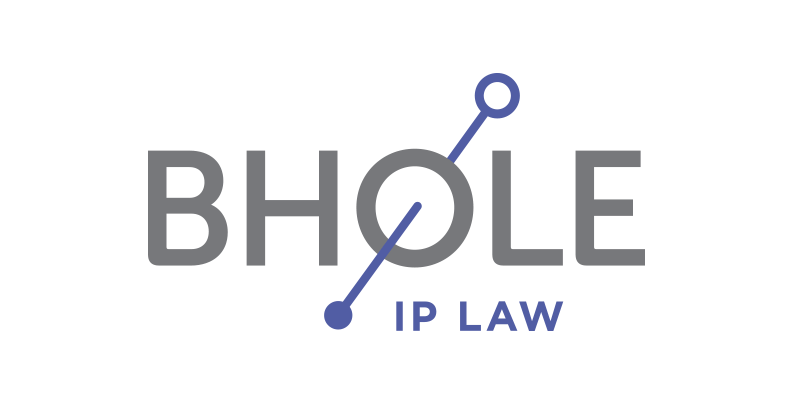Uber has quickly risen from an early stage controversial disruptor to a household name. Uber has transformed the delivery of personal transportation and is one of several companies on the verge of bringing autonomous vehicles to the masses.
When Uber was a startup, its goal was to put intracity travel at the fingertips of its users. It succeeded in part by creating a simple app with a clean user interface, and by tying in a review-feedback mechanism to promote good service and good rider etiquette. Today, many businesses use Uber to outsource their delivery services
With success, of course, comes expansion. Recently, Uber has been planning an increase its intellectual property holdings with the launch of a program called UP3, after successfully cross-licensing with various companies in participation with IP3, a patent program run by Allied Security Trust. UP3 is similarly modeled on IP3 as well as Google’s Patent Purchase Promotion (PPP) program.
Here’s a brief overview on how this is going to be a game-changer for startup companies.
What is UP3?
UP3 is Uber’s recently launched patent purchase program targeted at patent holders. Uber’s stated goal is to counter the complex process of buying, selling and licensing intellectual property and to increase its IP portfolio through faster patent purchasing. “It’s a buying program intended to really eliminate the friction of the secondary patent market [which is] challenging [as] valuations are difficult to identify for both buyers and sellers” explains Kurt Brasch, Uber’s Patent Transactions Lead. (TechCrunch, 2017)
Any patent holder can submit their idea and their asking price to Uber between April 24th 2017 and May 23rd 2017, and Uber will then evaluate it based on interest.
Some things to know
❏ If a patent is selected, the negotiation will be condensed into four months
❏ The program will primarily focus on patent purchase rather than licensing
❏ While there could be less negotiating power, there could be an immediate pay-off for patent holders
What does this mean for startups?
Uber’s UP3 program is one way for an early-stage company to capitalize on a strong IP strategy. Many of Bhole IP Law’s clients, for example, are startups that wisely filed patent applications for their foundational IP early in the life of the company. Some of these startups have pivoted partially or fully since that time, and the UP3 program is a great way to monetize intellectual property that may no longer be central to the company’s go-forward strategy.
Another way UP3, and programs like it, benefit other startups is ancillary to the actual patent sale. UP3 will result in sales of IP which can set a benchmark price for particular technologies. So, while a particular company may not be participating in UP3, it could have better insight into valuations as a result of a third party sale in the UP3 program.
Further, UP3 could be an opportunity to acquire an introduction to Uber as a potential partner. Even if Uber does not select a particular technology for purchase, it may take notice of a company offering a patent in a strategic subject matter area.
Working with Bhole IP Law
Expect programs like UP3 to come up from time to time, especially in emerging areas like autonomous vehicles, artificial intelligence (AI), neural networks and augmented reality/virtual reality. It is mportant for any company, especially in cutting edge industries like these, to properly consult with its patent lawyers.
When filing a patent application it is important to have a proficient patent lawyer by your side. They will help you:
❏ Conduct effective market analysis to position your technology
❏ Facilitate thorough searches (patentability, infringement, state of the art etc.)
❏ Keep your work protected
❏ Bolster the strength of your patent application
Are you looking to file a patent for your business in Toronto? Contact us today to get the process started.
**The information provided herein is a general background of intellectual property law concepts, does not constitute legal advice, and should not be relied upon as legal advice. Bhole IP Law, and the author, make no express or implied representations or warranties in respect of the information, including but not limited to the accuracy of the information. Note that while Bhole IP Law is a firm of Canadian lawyers authorized to practice before the United States Patent and Trademark Office, we are not U.S. lawyers nor lawyers in any other jurisdiction. As such, other foreign counsel may need to be consulted for U.S. or foreign legal matters.**
